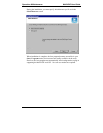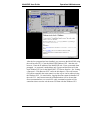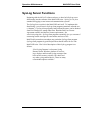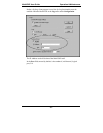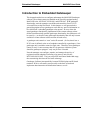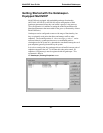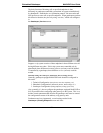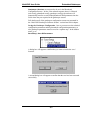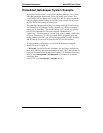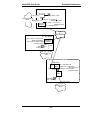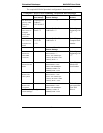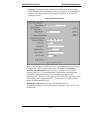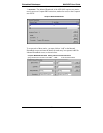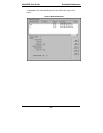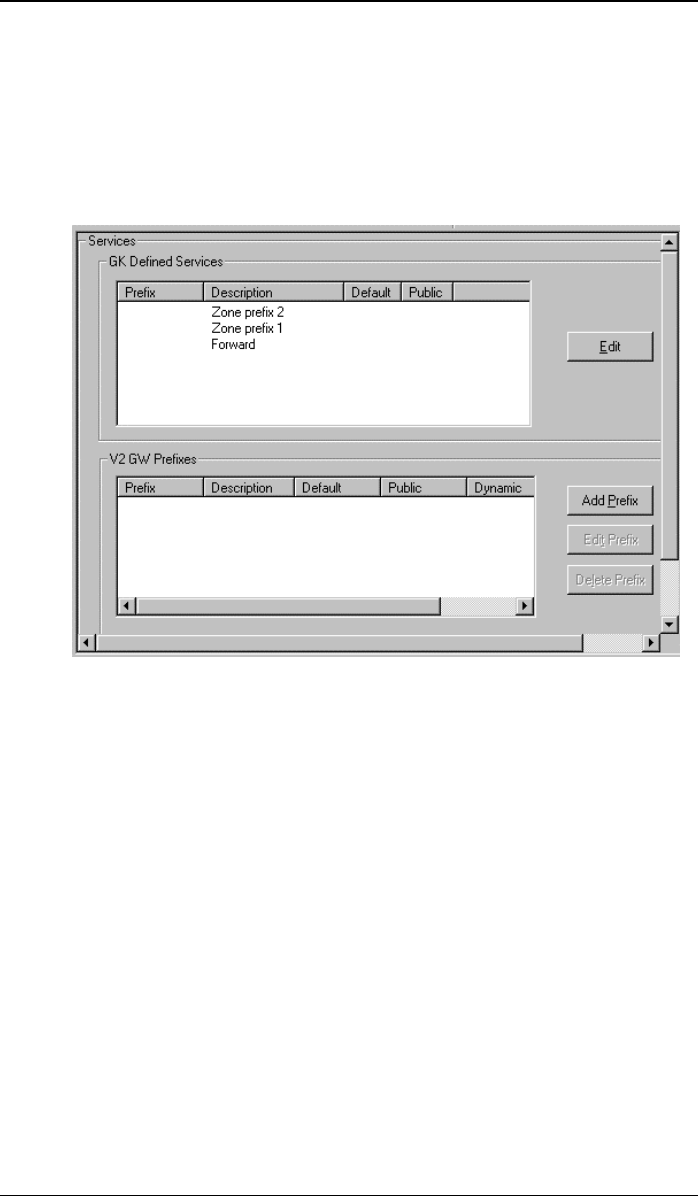
Embedded Gatekeeper MultiVOIP User Guide
452
The basic function of directing calls to specified endpoints is done
differently in gatekeeper-controlled systems than in systems controlled only
by phonebooks. Phonebooks use “destination patterns” like area codes and
local prefixes to route calls to specific endpoints. When gatekeepers perform
this directive function, they do so by using “services,” which one configures
in
the
Gatekeeper | Services screen.
Suppose a voip system consists of three endpoints in three different cities all
having different area codes. If this voip system were controlled only by
phonebooks, three different destination patterns (at least) would be needed;
if controlled by a gatekeeper, three different services (at least) would be
needed.
Matched Settings in Gatekeeper, Phonebook, & Tech Config Screens.
Generally, gatekeeper-equipped MultiVOIP units should be configured in
this order:
1. Technical Configuration (
setup for IP, voice/fax, telephony, etc.)
2. Phonebook Configuration (
destination patterns, RAS settings, etc.)
3. Gatekeeper Configuration (
listing endpoints, setting up services)
Also, generally, it’s best to configure the gatekeeper-equipped MultiVOIP as
fully as possible before configuring other gateways in the system. This is so
because certain parameters that describe the gatekeeper unit must be entered
the configuration screens of the ordinary voip gateway units.
Furthermore and very importantly, several settings needed in the
Gatekeeper | Existing Endpoints screen and in the



